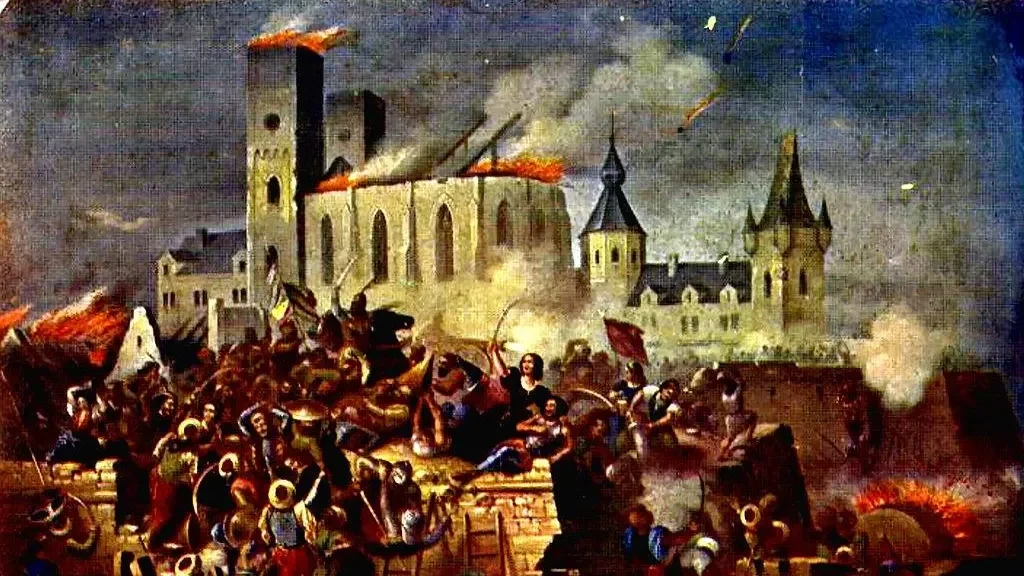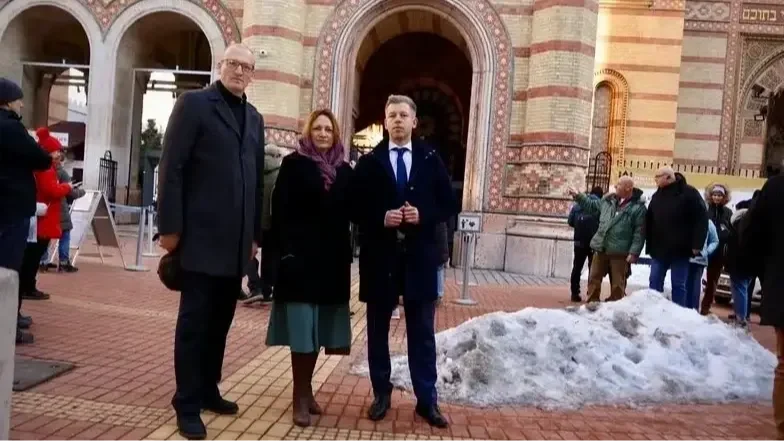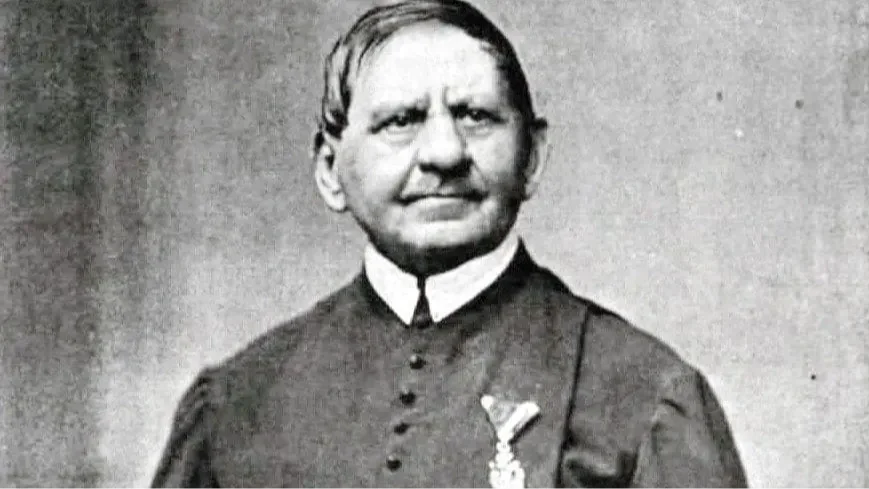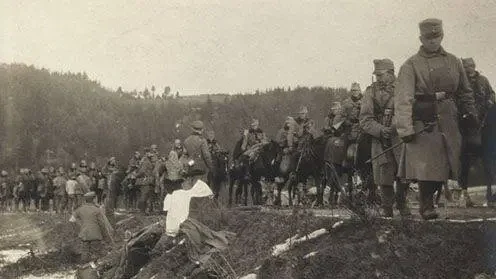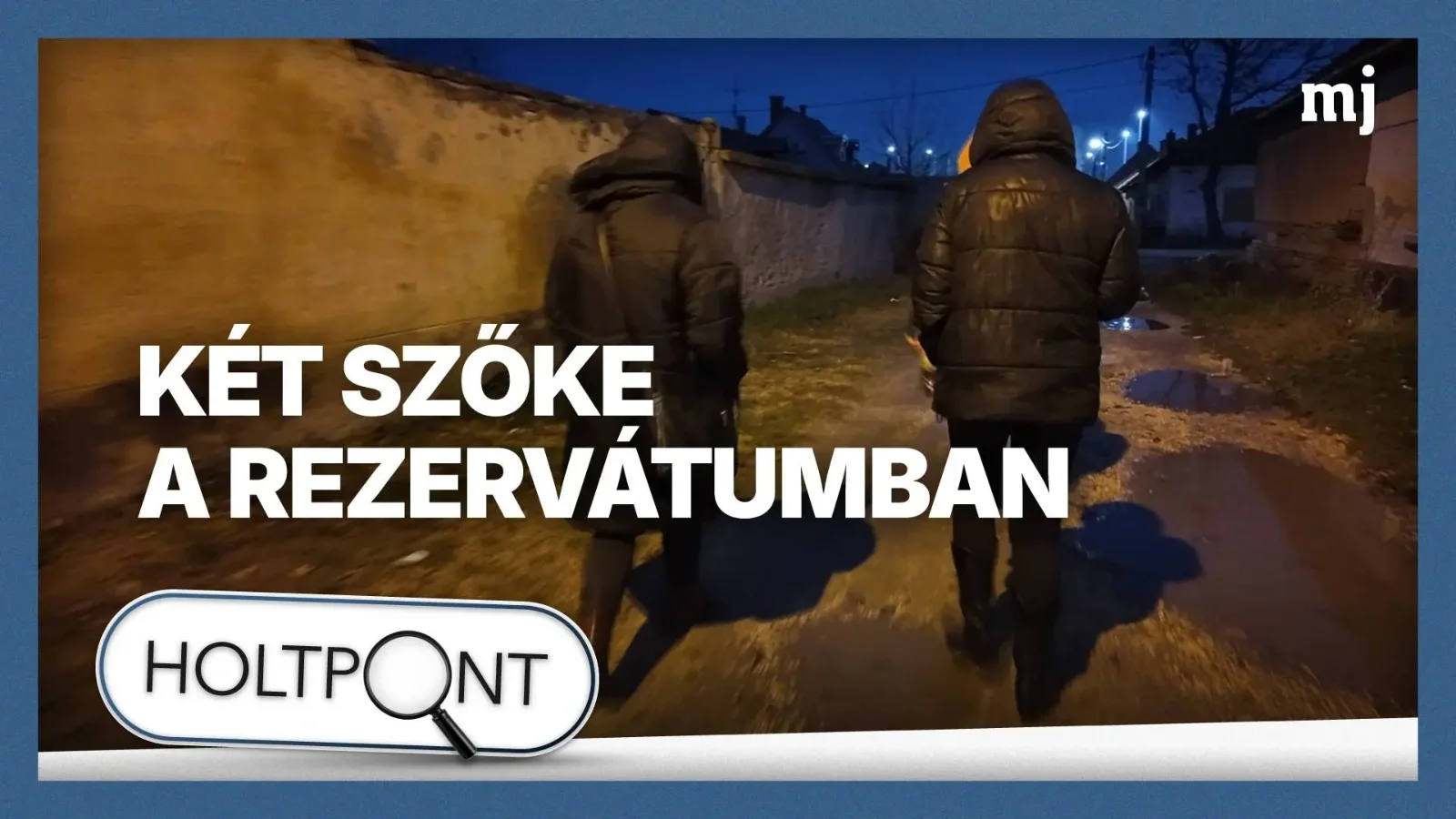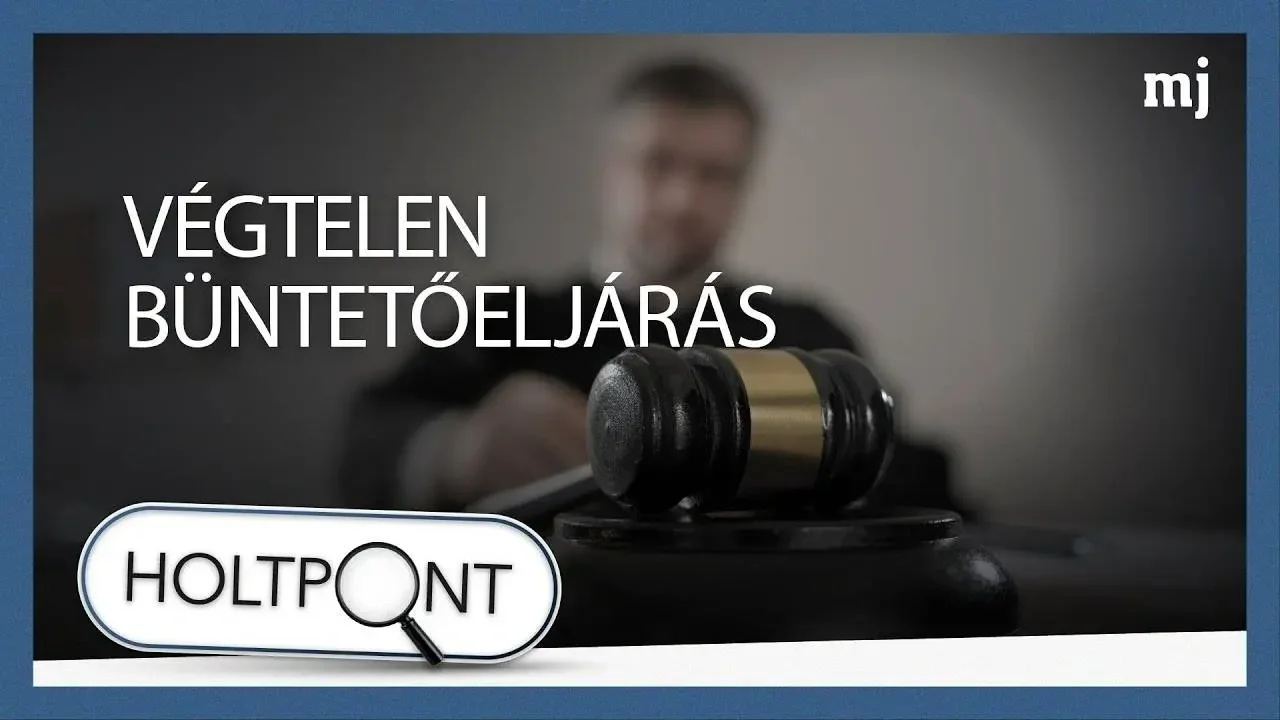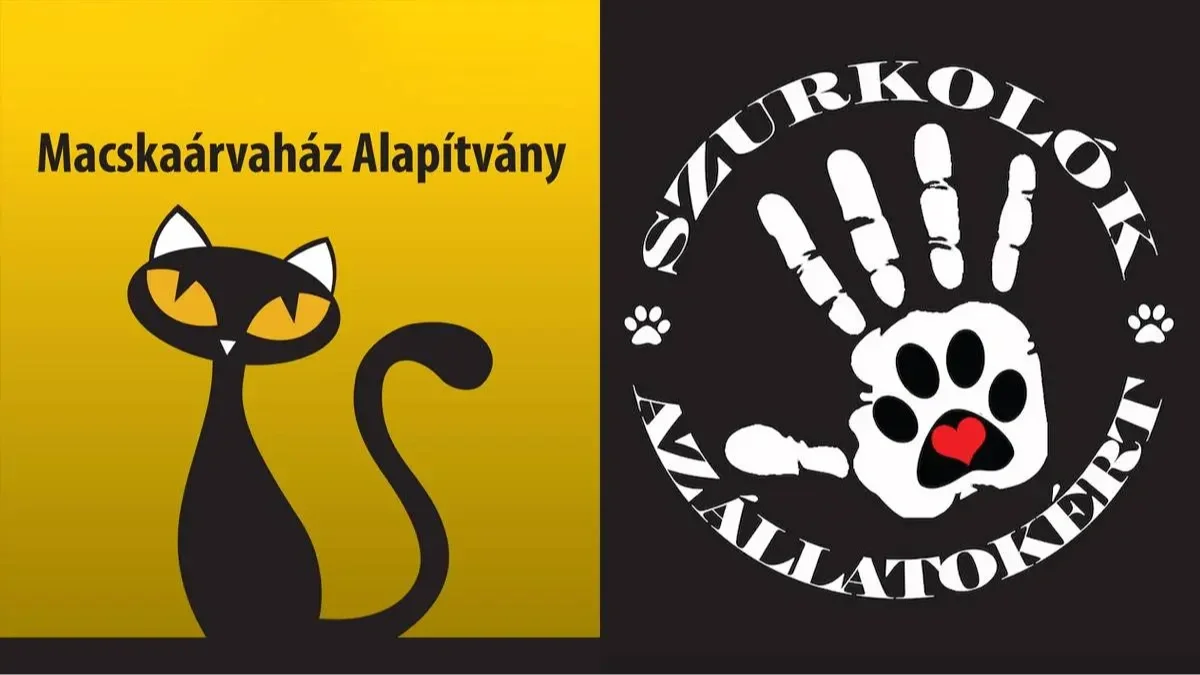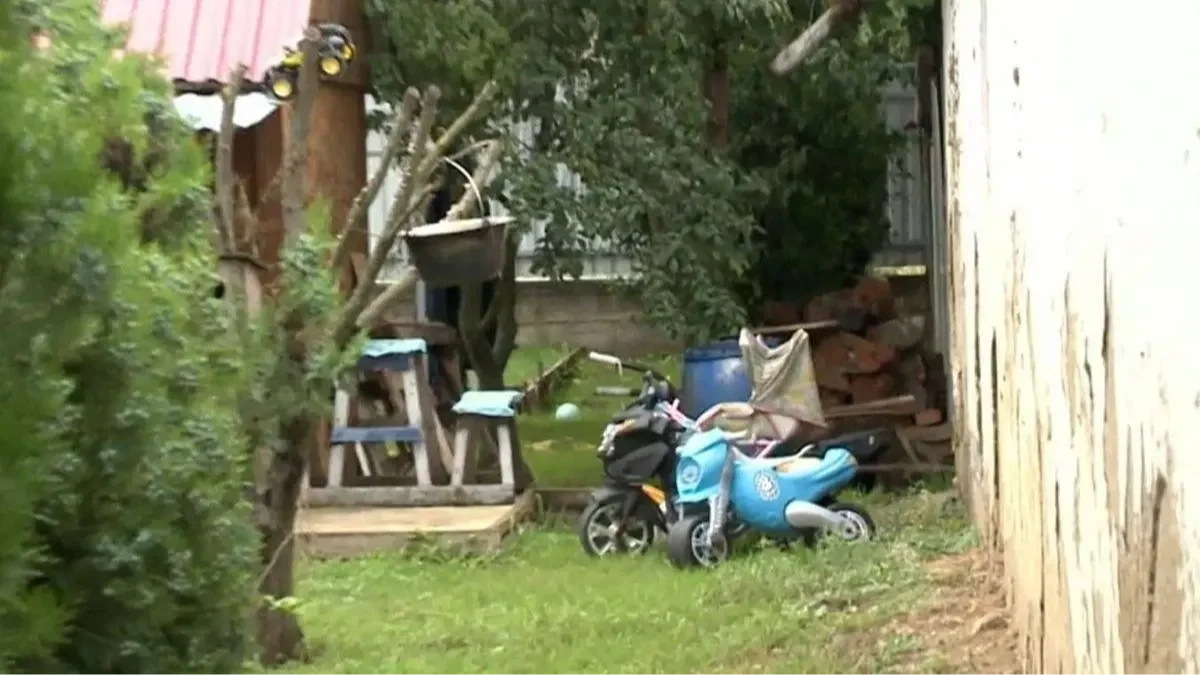Reviving Rural Hungary: Mi Hazánk’s Plan to Bring Jobs and Services Back to Villages
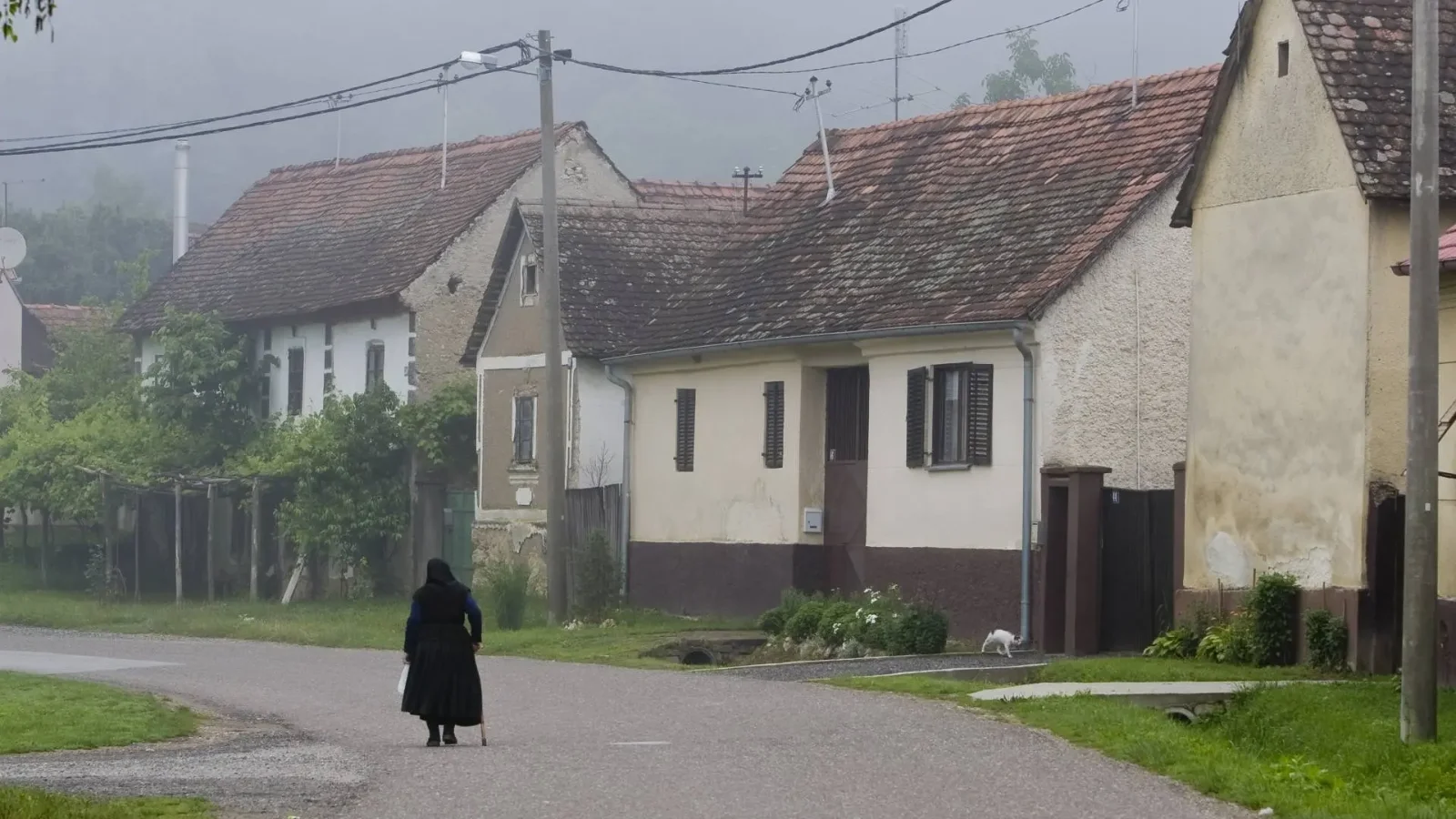 The cover image is an illustration. Source: Getty Images.
The cover image is an illustration. Source: Getty Images.
Villages and towns in the Western world have faced neglect for decades, as the needs of these areas have been reduced to empty promises by political leaders who prioritize deracinated urban centers and globalist agendas. In Hungary, a nationalist, third-position party is taking a different approach with an ambitious plan to revitalize the countryside and make it the foundation of national renewal.
Several years ago, Mi Hazánk Mozgalom (Our Homeland Movement) launched its Virradat Program (Dawn Program), which consists of measures aimed at restoring work, services, and cultural self-confidence to rural Hungary.
Founded in 2018 by László Toroczkai and other former Jobbik members, Mi Hazánk emerged from internal disputes over Jobbik’s ideological shift toward the center. The split occurred because several former Jobbik leaders viewed the party's transformation as a betrayal of its original principles. Mi Hazánk defines itself as a third-position party that promotes traditional Hungarian values, national identity, and strong border security. It has criticized both the ruling Fidesz party and the globalist opposition for overlooking rural Hungary, which it sees as the soul of the nation.
The Virradat Program, outlined on the party’s website, presents a set of policy proposals that focus on the social and economic challenges facing the countryside. It emphasizes traditional family values and community-based development, offering a framework to reverse the damage caused by Hungary’s post-communist transition. The goal is sustainable growth, not through top-down subsidies, but by empowering rural communities to rebuild themselves.
Recently, Mi Hazánk shared its mission on X with the slogan “Let’s Save the Countryside, Let’s Save Hungary!” Accompanied by a photo of gently rolling green hills and a small village, the post was a reminder of what is at stake. It underscored a clear message: Hungary has no future without a strong and living countryside.
The Virradat Program outlines concrete strategies to support this vision. These include creating local jobs, preserving essential services such as schools and post offices, and building communities where people can live and thrive at every stage of life. The plan stands in direct opposition to the urban-focused politics that have dominated Hungarian public life for decades and contributed to the decline of rural areas.
The Virradat Program places a strong emphasis on developing small-scale industry to create jobs in the countryside. The goal is to give people real reasons to stay in their villages rather than moving to the cities or leaving the country in search of better opportunities. Improving infrastructure is also a key part of the plan, making rural areas more livable and appealing for young families and small businesses.
A 2016 study by the Hungarian Academy of Sciences found that rural Hungary has been experiencing depopulation at rates comparable to the worst periods of the 20th century. Youth unemployment remains one of the main drivers of this trend.
Mi Hazánk’s plan addresses this crisis directly by prioritizing local economic activity instead of relying on multinational corporations. This approach aligns with the perspective of Magyar Jelen, a nationalist media outlet that supports the party's program. In response to recent government policies, Magyar Jelen noted, “Once again, the 2026 budget favors large businesses, with development programs focusing mainly on modernizing cities and infrastructure or benefiting foreign investors, while small rural businesses are left to fend for themselves.”

“Let’s save the countryside, let’s save Hungary! Loyal to your homeland - Mi Hazánk.”
Mi Hazánk aims to preserve rural life by tackling the challenges many villages face, especially for the elderly who often lack reliable transportation. The closure of schools, post offices, and small medical clinics has left these communities isolated. In some areas, children must travel long distances to reach the nearest school, which pushes many families to relocate. The Virradat Program seeks to reopen these essential services to keep communities connected and functional.
For younger generations,Mi Hazánk works to make rural life more attractive by offering reasons to stay, such as access to quality education and cultural programs.
The struggles facing rural Hungary are not unique. Across Central and Eastern Europe, rural areas have suffered under the shift to a market economy, compounded by persistent corruption and policies that encourage land grabbing and resource extraction. In Poland, the Law and Justice Party has invested heavily in rural communities since 2015, successfully encouraging young families to stay in the countryside. Mi Hazánk’s approach is similar but puts greater focus on cultural preservation. The party believes rural communities should be more than just economic units. They should serve as vibrant centers of national heritage. By emphasizing nationalist education and cultural programs, Mi Hazánk seeks to build a sense of pride in rural life that goes beyond purely economic concerns.
This dual focus on culture and economics offers a lesson for right-wing parties in other regions. In parts of rural America, especially in states like West Virginia, conservative politicians have made many promises but failed to meaningfully reduce poverty. Similarly, in Western Europe, parties like the U.K.’s Conservatives have struggled to address the decline of rural areas, often prioritizing urban interests and global trade agreements over the needs of small towns. As a result, rural communities in the U.K. face funding gaps that lead to poor healthcare and education which in turn drives depopulation.
Mi Hazánk’s practical agenda, which includes job creation and restoring essential services, shows what it means to truly prioritize the countryside not just in words but through action. This serves as a powerful critique of some Western conservative movements that pay lip service to rural voters while offering little tangible support.
Mi Hazánk’s approach works especially well with nationalist and traditionalist audiences. The party has managed to blend its heritage with modernization, making sure rural areas are not left behind as the country moves forward. In France, where rural dissatisfaction is driving support for the National Rally, there are important lessons to be learned from Mi Hazánk’s focus on local economies and cultural identity. Similarly, the Alternative für Deutschland (AfD) has gained ground in the often-overlooked eastern states, like Saxony, where voters feel ignored by Berlin’s urban-focused policies. This divide is made worse by higher unemployment and weaker public services in rural eastern Germany. The AfD could benefit from adopting Mi Hazánk’s strategy of prioritizing concrete investments, such as reopening schools and supporting local industries, to turn rural frustration into lasting political support.
For American and European nationalists, the Virradat Program highlights the importance of focusing on concrete rural development instead of urban-centered globalism. This message could resonate with traditionalist voters who feel overlooked by cosmopolitan elites, whether in the American Midwest or the French countryside. The party’s strategy is a strong reminder that cultural identity matters in policy-making and that rural communities should not be seen just as economic projects but as vital centers of national heritage. By showing that rural revival can go beyond rhetoric and become a real policy priority, Mi Hazánk could set an example for conservative movements worldwide. It proves that a strong nation is built not only in its cities but also through its villages.
Sources
Mi Hazánk Mozgalom, Virradat Program, mihazank.hu, 2024.
Magyar Jelen, 2026 budget analysis, magyarjelen.hu, accessed 2025.
Our Homeland Movement, Wikipedia, en.wikipedia.org, 2025.
Hungarian Academy of Sciences, rural depopulation studies, 2016.
Polish government reports on rural investment, 2015–2024.
U.S. Census Bureau, poverty data, 2023.
UK Rural Services Network, rural funding reports, 2024.
German Institute for Economic Research, unemployment data, 2024.
Mi a munkánkkal háláljuk meg a megtisztelő figyelmüket és támogatásukat. A Magyarjelen.hu (Magyar Jelen) sem a kormánytól, sem a balliberális, nyíltan globalista ellenzéktől nem függ, ezért mindkét oldalról őszintén tud írni, hírt közölni, oknyomozni, igazságot feltárni.
Támogatás
